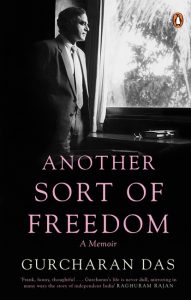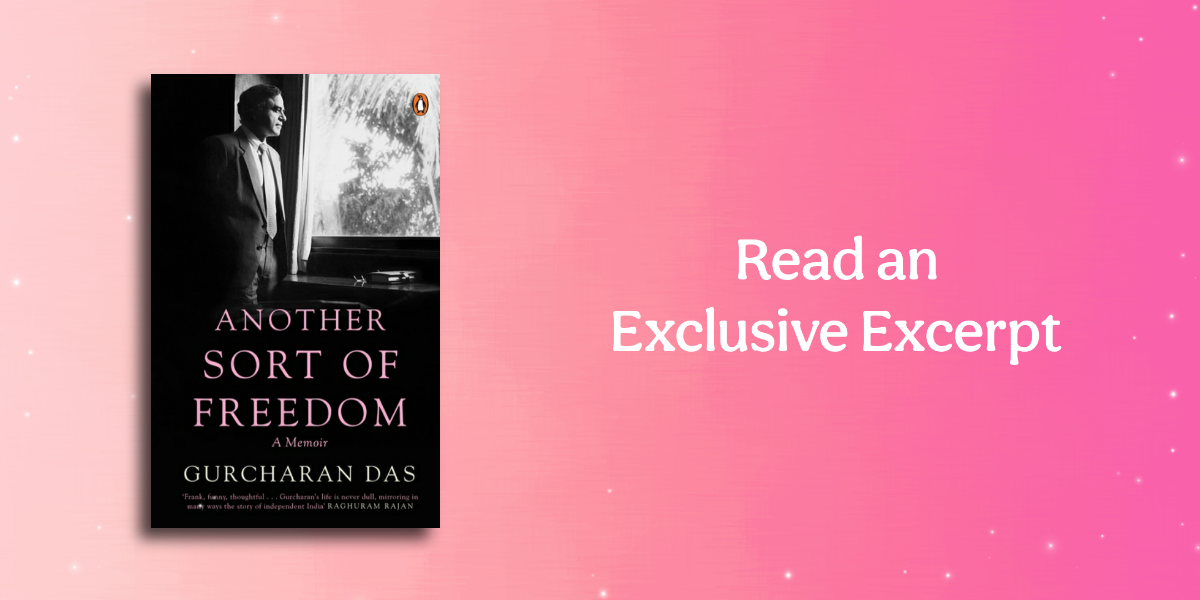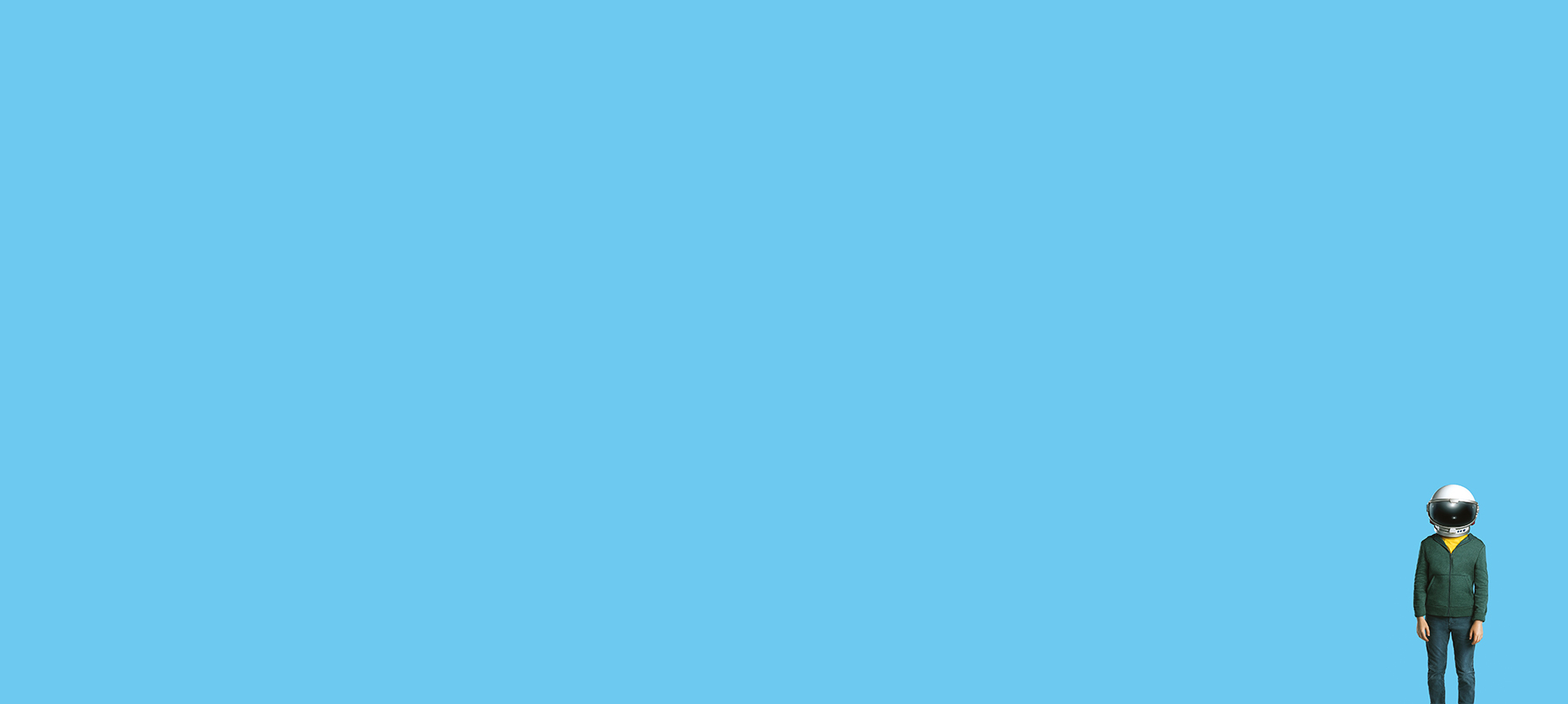What does it mean to understand ourselves and become more compassionate? In this excerpt from Another Sort of Freedom by Gurcharan Das, we explore these deep questions. Let’s think about who we are, how our identity changes, and how we can live with more kindness and empathy beyond the confines of egotism.

***
‘When God is gone, how do you give meaning to your life?’ my mother had once asked. I had failed to give her a satisfactory answer. But I had an inkling that meaning emerges from pursuing something bigger than yourself. I had experienced it as a spirit of lightness. It usually happened when I was deeply absorbed in my writing. I wasn’t even there – the fingers just kept hitting the keys of my laptop and words kept appearing on the screen. Tendulkar had described the same feeling when he was approaching his last double century. He said the cricket ball had become so big that the bat just had to hit the ball. Mihaly Csikszentmihalyi, the psychologist, calls it ‘flow’. The problem with this feeling is that it is temporary. The big question was: could I extend it to the rest of the day, to the rest of my life? Could self-forgetting become an enduring attitude of living lightly?
Such questions emerged early in my life when I first encountered David Hume’s Treatise on Human Nature at Harvard. I became aware of the stream of thoughts in my head. A decade later, the voices first appeared involuntarily in my early thirties. These mental experiments continued over the years, and they have convinced me that I could only be sure of the existence of momentary thoughts, not who was having them. Like Hume, I looked for an author but I could not find him. Was I then merely a fictional composite of my momentary selves? If so, how was I able to negotiate from one thought to the next one? What provided continuity between my individual moments, I concluded, were my memories, my desires, and my beliefs. But these mental entities also depended on the temporary roles I was playing, the masks I was wearing. They were, thus, not reliable sources of my permanent existence.
All this led to growing scepticism about my permanent identity. I concluded that my I-ness was a fraud of sorts, a sort of fictional narrator that held the story of my life together. I have been much influenced by Donald J, and by Nagarjuna’s Buddhist idea of anatta, ‘no-self’. When the ‘I’ got busted, I was hugely unnerved. I could not live without a concept of personhood. But I still needed to get on with my life. Of all the emotions I possessed, the most overwhelming was a deep concern for my own survival. I still needed an author, an object of my self-concern. If it didn’t exist, how would I be responsible for my actions? Not just in a courtroom but in my conscience. For all practical purposes, I needed a stable concept of a person.
As time went by, I gradually became resigned to the absence of a permanent ‘I’ and I underwent a subtle change. I began to view my identity as a useful fiction, a practical necessity, a minimal self. I became a little more detached, seeing through the many roles I was playing in my daily life. My day to day life, however, did not change. I did not suddenly become selfless or philanthropic. Self-concern still defined my attitude towards myself. But I felt less and less at the centre of the universe – I was just one amongst others. My minimal self, in other words, was able to extend the same concern a little more easily to others. As a result, I began to feel a continuum or sameness with other selves. I did not hanker constantly after premium treatment for myself.
It was this awakening that raised a hope. If my minimal self could more easily identify with the selves of others, could I become more empathetic, a more compassionate person? Could I overcome some of the worst, egotistical defects in my character, and liberate myself from bondages that had nagged me all my life? I had lived my life in the constant belief that my interests trumped everyone else’s. And my behaviour had been consistently egocentric. There were exceptions from time to time — a few early moments of awakening! The obvious one being the pencil box incident in kindergarten. When Ayan was about to be wrongly punished for stealing the rich kid’s pencil box, he had cried out, appealed to me. I remained silent. My feeling of shame was followed by profound concern for Ayan, which has never left me. A few months later, I had experienced this in a different way during the Partition violence. On this occasion, I felt a wave of empathy for the handsome Muslim policeman on the railway platform just as he was stabbed to death by two Sikh boys. I bumped first into Ayan and then into the Partition, both without warning, and they pulled me out of my egocentric self, at least for a while.
***
Get your copy of Another Sort of Freedom by Gurcharan Das wherever books are sold.













